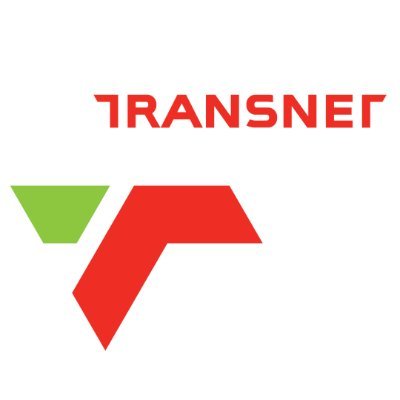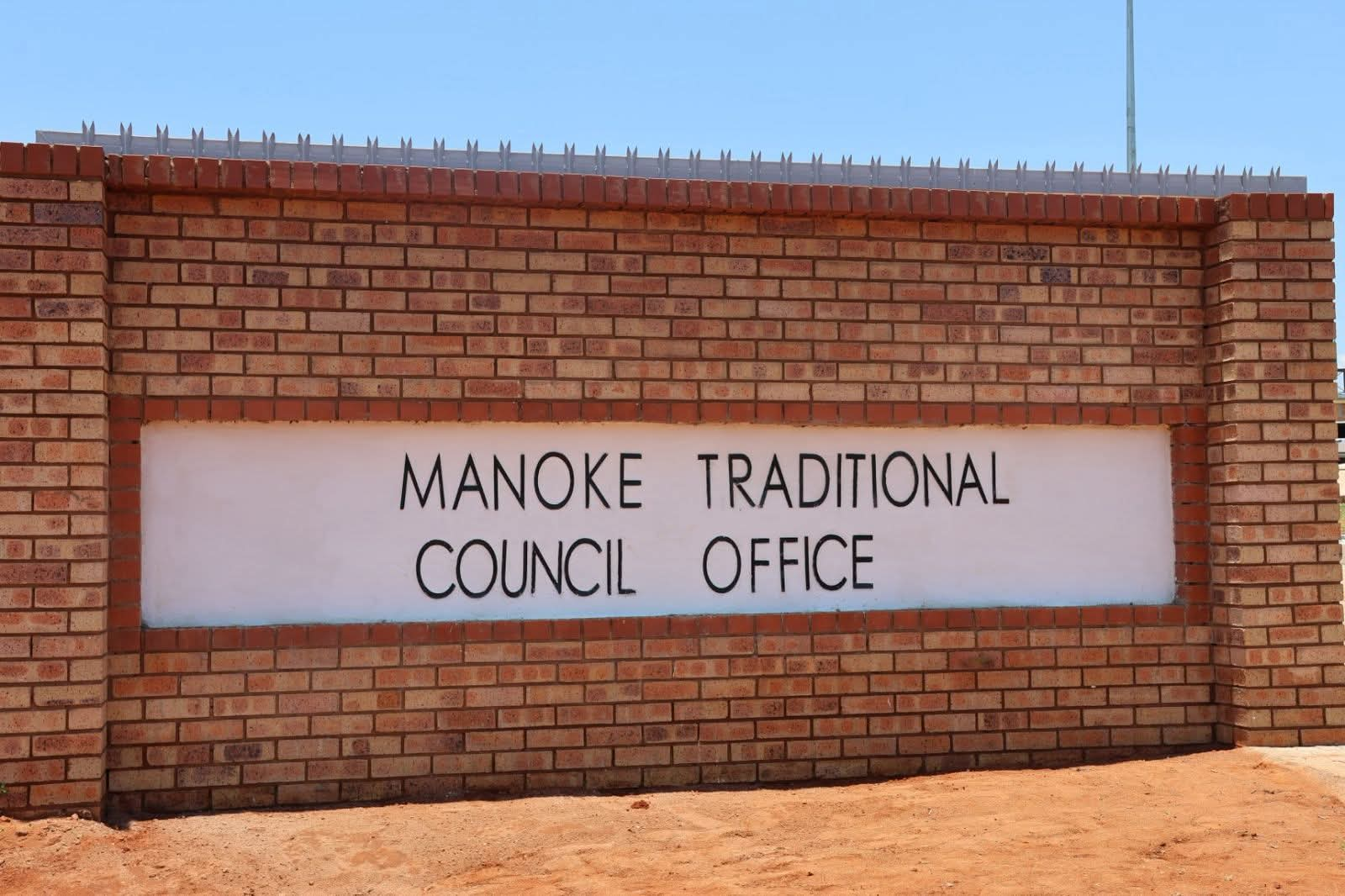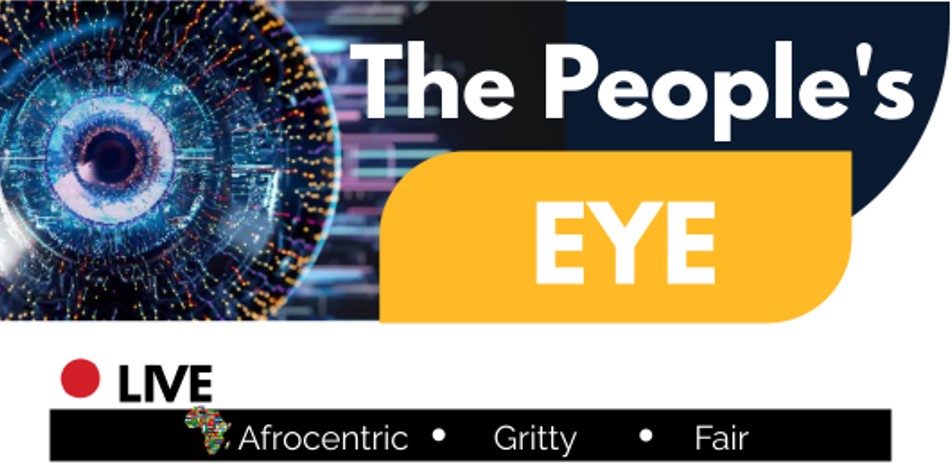-
 ‘SA must boycott the World Cup’ – Malema
‘SA must boycott the World Cup’ – Malema
-
 Transnet loses third court battle and ordered to pay R60m to Gijima
Transnet loses third court battle and ordered to pay R60m to Gijima
-
 UMP’s ambition to position SA as a leading rice exporter
UMP’s ambition to position SA as a leading rice exporter
-
 Polokwane mayor’s gobbledygook on R41.2 million refund to developer
Polokwane mayor’s gobbledygook on R41.2 million refund to developer
-
 Transnet’s loses yet another application to push Gijima Holding’s from IT contract
Transnet’s loses yet another application to push Gijima Holding’s from IT contract
-
 Fetakgomo Tubatse municipality dumps consultants and still keeps a good financial record
Fetakgomo Tubatse municipality dumps consultants and still keeps a good financial record
-
 Limpopo government finishes sixth traditional office in 2025/26
Limpopo government finishes sixth traditional office in 2025/26
-
 Masoga approaches High Court to clear his name on allegations of corruption at MMSEZ
Masoga approaches High Court to clear his name on allegations of corruption at MMSEZ
-
 Municipal manager’s bid to attach CFO’s pension fails
Municipal manager’s bid to attach CFO’s pension fails
-
 Visit Limpopo Ka Dezemba – Premier Ramathuba
Visit Limpopo Ka Dezemba – Premier Ramathuba
Cryptocurrency scammers leave investors high and dry
Sizwe sama Yende
A new cryptocurrency scam has left hundreds of investors in dire straits after the tricksters disappeared with their money, estimated to be in mega millions of rands.
TheaPool inveigled the investors into its trap after priding itself as being registered both in both Singapore (its headquarters) and South Africa.
The bogus company sold virtual mining machines at prices ranging from R330 to R110 000. An investor needed to buy the machine, start it at a particular time every day on the company’s cellphone app to mine cryptocurrency day and night with huge returns after 100 or so days. For example, a $160 (R3520) machine could generate you R17 600 - a 500% return after 100 days.
This is called cloud mining and is described as a mechanism to mine a cryptocurrency, such as bitcoin, using rented cloud computing power without installing and directly running the hardware and related software. Cloud mining firms allow people to open an account and remotely participate in the process of cryptocurrency mining for a fee.
A CAPITEC ACCOUNT USED TO DEPOSIT FUNDS
According to information The People’s Eye has seen, TheaPool had registered about 200 investors in one WhatsApp group when the investors noticed red flags as they could no longer make withdrawals of their ‘profits.’
At that time, around January 20 this year, TheaPool had introduced new machines, which it promised would bring investors massive profits in five days. Investors bought them in numbers and that was when the scammers decided that they had made enough loot and deactivated the TheaPool app.
TheaPool worked like a pyramid scheme. If you recruit more members you become a manager and benefit from them and new members that they would recruit themselves.
The scammers used a Capitec account registered in Sandiso Matsheke’s name whose residential address is in Cape Town, Ward 33 (Weltevreden Valley North) at 5926 Coline William Street, to receive money from investors. Matsheke is a 26-year-old young man, according to his Facebook profile, and his middle name is Unruly. He appears to be a streetwise man with a penchant for glamour in the way he dresses.
When The People’s Eye in-boxed him to request and interview, he claimed that he did not own a cellphone.
A Mbombela-based TheaPool recruiter said that he came across TheaPool through a Facebook contact named HyeYoung Kim, who also was administering the WhatsApp page of investors.
“I chatted with her on Facebook and we took our conversation to skype. That is when I believed her. I invested and recruited people to invest,” he said. According to her Facebook profile, Kim is a highflyer who shows off eating in expensive restaurants and relaxing by playing golf.
CRYPTOCURRENCY IS RISKY INVESTMENT WITH HIGH VOLATILITY
Last year, the Financial Advisory and Intermediary Services Ombud (FAIS Ombud) said that it had been receiving an increasing number of complaints since the Financial Sector Conduct Authority (FSCA) announced its regulation of cryptocurrency.
The FAIS Ombud has advised consumers to exercise caution to minimise the risk of falling victim to cryptocurrency scams. The ombud warned that cryptocurrency could be regarded as a risky investment with high volatility.
“Cryptocurrency assets are becoming a new asset class and an alternative to the more traditional asset classes such as equities, bonds, property, cash etc. One should only consider an investment into cryptocurrency if you have a high-risk tolerance, and you are in a strong financial position where you can afford to lose any money invested. An investment into cryptocurrency should only form part of a diversified portfolio, and then only after you have received advice from a registered financial services provider as to whether an investment into cryptocurrency is appropriate in view of your financial needs and circumstances.”
CRYPTO SCAMS ON THE RISE
The National Consumer Commission (NCC) has indicated that it had noticed a sharp increase in schemes and scams that leave South Africans out of pocket. These, the NCC said, included scammers impersonating companies, investments and financial scams, multiplication schemes, and pyramid schemes.
The NCC has teamed up with the Southern African Fraud Prevention Services to fight these scams. According to a 2023 research by Sumsub, a transaction monitoring and verification services provider, South Africa experienced a 25% surge in fraud cases pertaining to the crypto-currency sector during the last quarter of the year. The research focused on fraud trends that emerged during the first half of 2023, based on an analysis across South Africa, Tanzania, Kenya and Nigeria. The research found that Africa’s rapidly-evolving digital landscape a double-edged sword as it opened new doors for innovation, but also become a hotbed for evolving fraud tactics.

